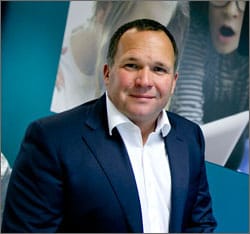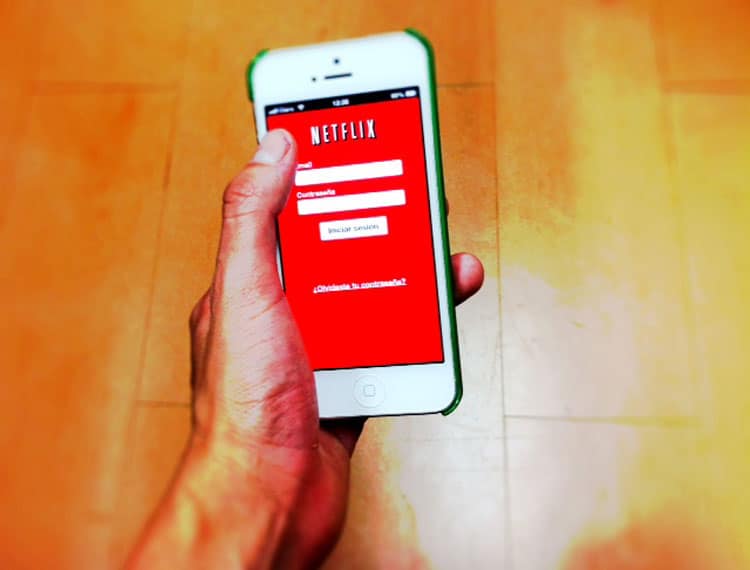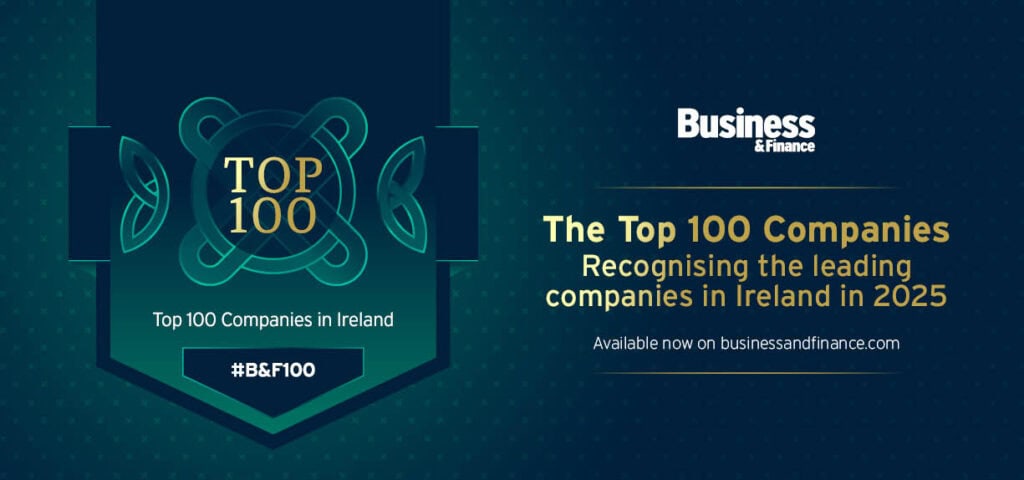By Paul Connell, director, Pure Telecom
How do traditional TV service providers keep up at a time when more affordable internet driven media sources continue to grow in popularity?
Over the past few years, the increased availability of high-speed broadband throughout Ireland has given people more choice when it comes to the content they view and how they view it. Internet streaming channels – particularly Netflix – are consistently producing top quality shows that broadcasters are struggling to compete with.
As a result, consumer expectations are rising, yet they’re often not being met by traditional service providers. It’s not surprising therefore, that some estimates indicate that Netflix will have approximately 570,000 Irish subscribers by 2020 – up from the approximate 200,000 today. I wouldn’t be surprised if it ends up being a lot more than that.
ON THE CHOPPING BLOCK
Of course, streaming channels add another bill to the pile, and viewers are now asking themselves what they can do without.
At Pure Telecom, we carried out a piece of research that shows it’s the TV licence fee and paid TV subscriptions that are first to go on the chopping block. Our survey found that 36% of adults would consider ditching their TV licence over the next five years in favour of solely watching video content that relies on an internet connection. A similar percentage, 37%, said they are ‘quite’ or ‘very’ likely to abandon their paid TV service over the same timeframe.
… those who procrastinate or fail to act will without question be left behind
The research confirms what we have been seeing in Pure Telecom over the past number of years and particularly the last 12 months: internet usage is at an all-time high and it’s only going to increase. A recent report from Cisco predicted that by 2019, some 80% of the world’s internet traffic will be video content.
It’s a staggering statistic, and with that increase, consumers will become even less bending in their expectations. They will demand top quality content as and when they want it, rather than working their schedules around programmes they want to watch, or flicking through channels and watching snippets of shows they have little interest in.
PLAYING CATCH-UP
It is clear then that television service providers must evolve in order to compete with the streaming giants. Every sector in the world is undergoing a digital transformation right now, and as we’re seeing, the entertainment industry is no different. If approached correctly it should enhance, rather than hinder, businesses. However, those who procrastinate or fail to act will without question be left behind.
The key is the user experience and innovating to enhance that. Businesses must be quick to roll out new technologies that give customers a better, more convenient service. A primary factor in the success of streaming providers like Netflix – and outside of Ireland, Hulu and Amazon Video – is the ability to offer video content across multiple devices and in any location. They have taken advantage of the digital boom to offer consumers something very attractive and very convenient.
TV providers and broadcasters need to do the same, rather than cling onto the aspects of their business that were traditionally strongest. Some providers have launched streaming services to compete, but more need to follow – armed with their own unique selling point.
Media organisations must be willing to encourage change and be open-minded enough to experiment with new technologies. Only by embracing this approach and becoming less dependent on legacy offerings will TV providers be prepared to compete with the new names in town.
Photo: Esther Vargas
 About the blogger
About the blogger
Paul Connell is director of Irish-owned telecoms provider, Pure Telecom.
He established the company, based in Dublin’s Citywest, with co-founder Alan McGonnell in 2001.
Since then, Paul has been responsible for planning and implementing the company’s strategic direction and it is on-target to become a €20m-plus business next year.
Born and raised in Dublin, Paul obtained his BSc in management and commerce from DIT and is a fellow chartered accountant.


